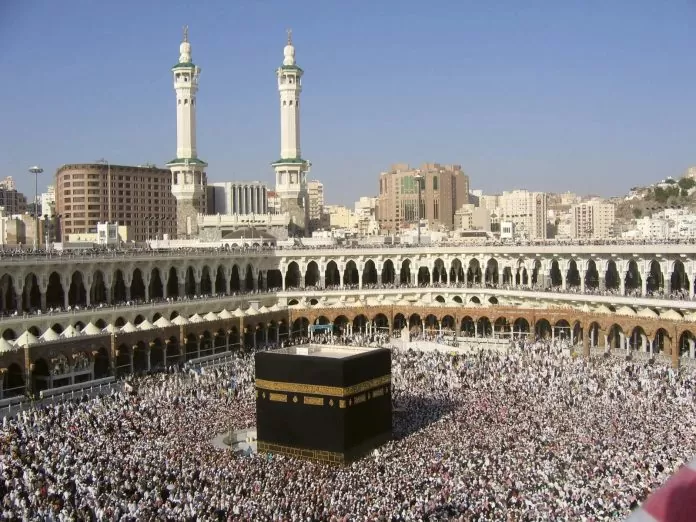Saudi Ramadan restrictions : The Saudi Islamic Affairs Ministry recently announced new rules for Ramadan that have upset many Muslims worldwide. According to analyst Sami Hamdi, these changes represent a move towards a new Saudi identity that doesn’t prioritise Islam as a major pillar. Hamdi expressed this opinion on Twitter, stating that “MBS is pushing Islam out of public life”.
The Islamic Ministry issued a set of regulations and restrictions for observing the holy month of Ramadan in 2023. These guidelines include prohibitions on the use of loudspeakers, i’tikaf without identification, prayer broadcasts, and iftar in mosques.
His Excellency the Minister of Islamic Affairs #Dr_Abdullatif_Al_Alsheikh issued a circular to all branches of the Ministry of the need to prepare mosques to serve the worshipers, as part of the Ministry's preparations to receive the Holy Month of #Ramadan 1444AH. pic.twitter.com/uTSJ0Jc5JE
— Ministry of Islamic Affairs 🇸🇦 (@Saudi_MoiaEN) March 3, 2023
Starting in 2023, the new rules include a ban on donations for mosques and the prohibition of after-sunset iftar meals in mosques. Additionally, prayers are required to be kept brief, children are not allowed to pray in mosques, and worshippers must bring their identification documents. With the exception of the main mosques in Mecca and Medina, volume levels must be kept low, and prayers cannot be broadcast.
The new rules include not prolonging the prayers and sticking to certain supplications. It is also recommended to read helpful books about the mosque group. If cameras are used in the mosque, they should not be used to take pictures of the imam or worshippers during prayers. Prayers should not be broadcasted on media.
The imam is responsible for approving people who want to stay in the mosque for i’tikaaf. No financial donations should be collected for projects to feed people who are fasting. If food is provided for people who are fasting, it should be done in designated areas and cleaned up afterwards. No temporary rooms or tents should be set up for iftar, as per the new rules.
After the order was shared on Twitter, one user expressed disagreement with certain points, but acknowledged the rationale behind some other points. As per him, the document appears to involve censorship, but emphasises that Muslim non-Saudis should not face any restrictions during Ramadan.
As Ramadan is a time of worship and celebration, it is important to allow for small tents where people can gather, socialise and connect, he added while asking to treat all Muslims equally, regardless of nationality or ethnicity.
Another user called it “pathetic nonsense” while another says it’s “another attempt to slowly remove Islam”. It’s time to “Put an end to” EVIL ABSOLUTIST MONARCHY”, came from another user.IMPORTANT ! This flyover of Delhi will remain closed for 50 days; check alternate routes

